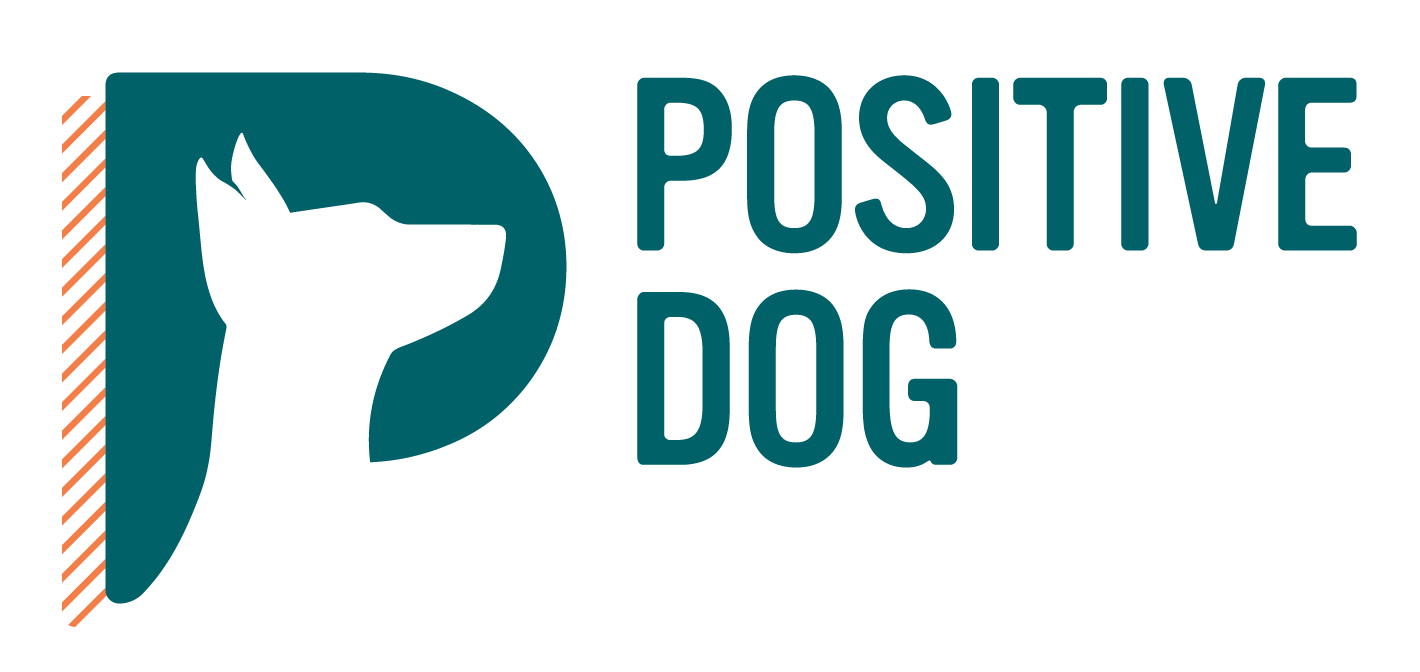Grieving The Dog You Wanted

Most people adopt or purchase a dog with a lifestyle in mind, maybe a hiking buddy, a family pet for current or future children, an agility superstar, or maybe even as a therapy dog. Sometimes we get a dog who can’t participate in those activities, possibly for a while while we train, or possibly forever if our goal is not a realistic one for this dog.
When this happens, it is normal to feel sad, to be angry, and to feel lost or overwhelmed by the needs of your dog. When we enter a relationship looking for a particular thing and our partner is unable to do those activities, it takes time to come to grips with the new reality and to make a new plan. And that is ok – be kind to yourself and give yourself time.
Social Pressure, Unsolicited Advice, & Judgement
Not only are you required to adjust your activities or how you live, train, or walk your dog, but maybe even worse, people judge. The judgement or disapproval we feel from others can be imagined or it can be very real. Every person you meet has either had a dog or knows someone who has, so there will be no shortage of people you know and complete strangers happy to offer unsolicited advice. The vast majority of these people mean well, but it still hurts.
People see a dog misbehaving and they tend to think:
- The dog is bad.
- The human is bad
- The dog is receiving the wrong kind of training
- The human doesn’t know what they are doing and needs their advice.
The truth is that dogs are reactive for many reasons, including but not limited to: trauma, genetics, health issues, chronic pain, poor skills for dealing with frustration, and basic needs of appropriate exercise and mental stimulation not being met.
Learning to effectively communicate with or set boundaries for ourselves and our pooch takes time and practice.

Forgive Yourself and Your Dog
When things go wrong, we like to have someone to blame – we like to have a ‘why’. Many people blame themselves, or that one incident where a person scared the dog, or maybe the rescue or breeder they bought the dog from. Some dogs do go through trauma that creates issues, many however have had lovely lives and still end up with behaviour problems. Other dogs go through horrendous abuse and amazingly turn out just fine.
‘Why’ doesn’t matter. Move past the ‘why’ and the blame and find a path forward.
Evaluate
Take some time to evaluate why you have your dog, and if your expectations can be altered. For instance, if you had goals of agility or hanging out the dog park, do you have time, resources and energy to spend your days hiking instead? Will you enjoy other activities with your dog? Can you meet your dog’s needs? It is ok to consider rehoming or returning to the breeder if you and your dog are not a good match.
With training and time, is it realistic that your dog will be able to participate in the activities you would like to do?

Make A Plan
Work with a certified trainer to make a plan to help your dog. What are your dog’s needs? What are your needs? Make a plan to ensure everyone has their needs met. Once that foundation is in place, make a plan to help your dog be the best he can be. Your pup may not ever be the dog park socialite or agility superstar you had hoped for, but with training and time, most dogs can become a pleasure to walk and to live with.
Remember that there are no quick fixes for behaviour change, especially when it comes to over-arousal, fear, reactivity or aggression.
